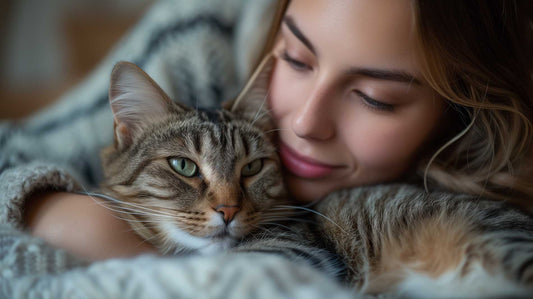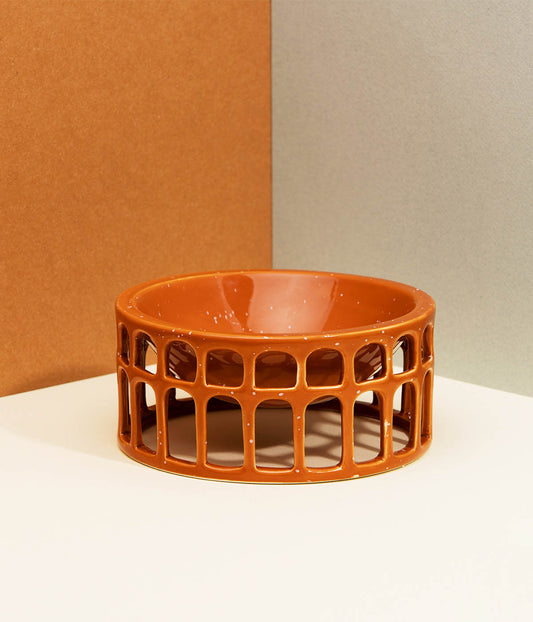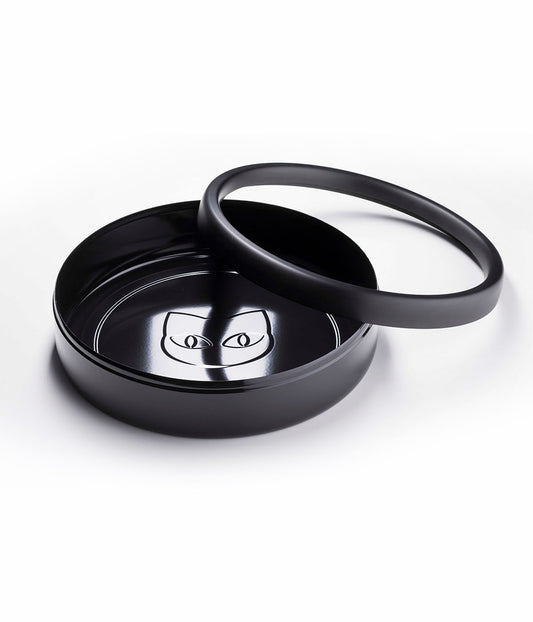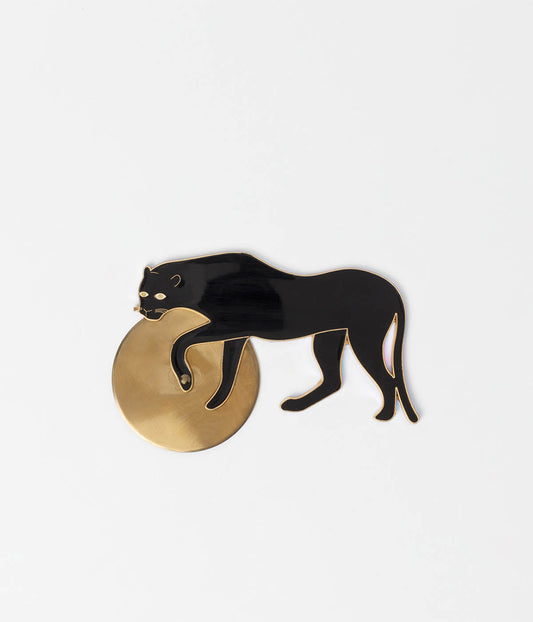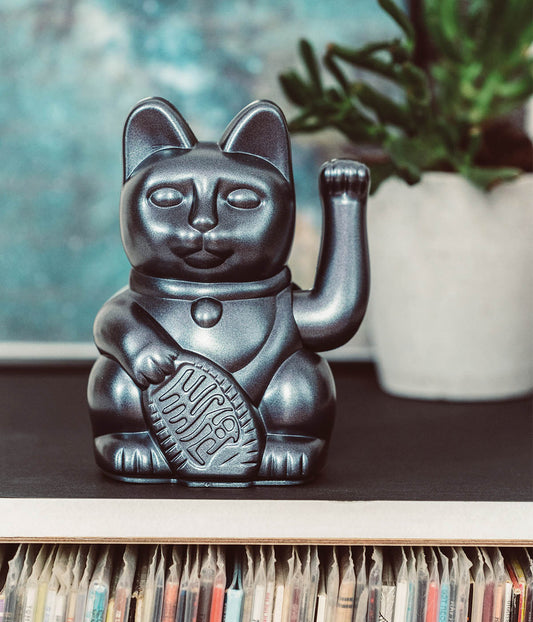
Is Your Dog Smelly? Here's How to Fix It!
Marie DuchessLet's face it, dogs are amazing creatures. They're loyal, they're cute, and they're always there to brighten up your day. But there's one thing that can put a damper on your doggy love fest - the smell. Yes, we're talking about that unmistakable doggy odor that seems to permeate everything. So, if your furry friend is a bit on the smelly side, fear not! We've got some tips and tricks to help you fix it.
1. Give 'em a Bath
Okay, this one might seem obvious, but you'd be surprised how many people forget to give their dogs a good scrub. Grab some doggy shampoo, lather up, and get to work. And don't forget to rinse thoroughly! No one wants a sudsy dog running around the house.
2. Brush, Brush, Brush
Regular brushing not only keeps your dog's coat looking fabulous, but it also helps to remove any dirt or debris that might be causing that funky smell. Plus, it's a great way to bond with your pup. Just make sure to use a brush that's appropriate for your dog's breed and coat type.
3. Watch What They Eat
Believe it or not, what your dog eats can have a big impact on their smell. Avoid feeding them foods that are high in fillers and artificial ingredients. Instead, opt for high-quality dog food that's packed with real meat and nutritious ingredients. Low quality food is also a big health risk so it is important to invest some time to find the best food for your dog.
Here are some ways in which food can impact your dog's smell:
-
Skin and Coat Health: The quality of a dog's skin and coat is often reflective of its overall health. A well-balanced diet that includes essential nutrients, such as omega-3 and omega-6 fatty acids, can contribute to healthy skin and a shiny coat. This may positively affect your dog's natural body odor.
-
Digestive Health: The digestive system plays a crucial role in a dog's overall well-being. A diet that is easily digestible and rich in fiber can promote healthy digestion. When digestion is optimal, there may be fewer instances of gastrointestinal issues that could contribute to undesirable smells.
-
Oral Health: Certain foods can influence your dog's breath. Dental health is closely tied to diet, and feeding your dog a balanced diet that promotes oral health can help control bad breath. Additionally, providing dental chews or toys may further support dental hygiene.
-
Allergies or Sensitivities: Some dogs may be sensitive or allergic to specific ingredients in their food. Allergic reactions or sensitivities can manifest in various ways, including changes in skin condition and coat odor. Identifying and addressing food allergies may contribute to a more pleasant body odor.
-
Overall Health: A well-nourished dog is likely to have a stronger immune system and better overall health. This can influence how efficiently the body eliminates waste and toxins, potentially affecting body odor.
.
4. Freshen Up Their Bedding
Let's be honest, dogs love to roll around in all sorts of things that we'd rather not think about. So, it's no surprise that their bedding can start to smell a bit funky after a while. Make sure to wash their bedding regularly to keep things smelling fresh. And if you really want to go the extra mile, sprinkle some baking soda on their bed before washing to help eliminate any odors.
5. Check for Skin Issues
If your dog's smell is persistent and doesn't seem to go away no matter what you do, it might be worth a trip to the vet. Sometimes, smelly dogs can have underlying skin issues that need to be addressed. Your vet will be able to diagnose and treat any problems, helping your pup smell fresh and clean once again.
So, there you have it - a few simple tips to help you banish that doggy smell and keep your furry friend smelling fresh. Remember, a smelly dog doesn't have to be a permanent problem. With a little bit of effort and some TLC, you can have a dog that smells as sweet as can be. Now, go forth and enjoy some odor-free cuddles with your four-legged friend!

